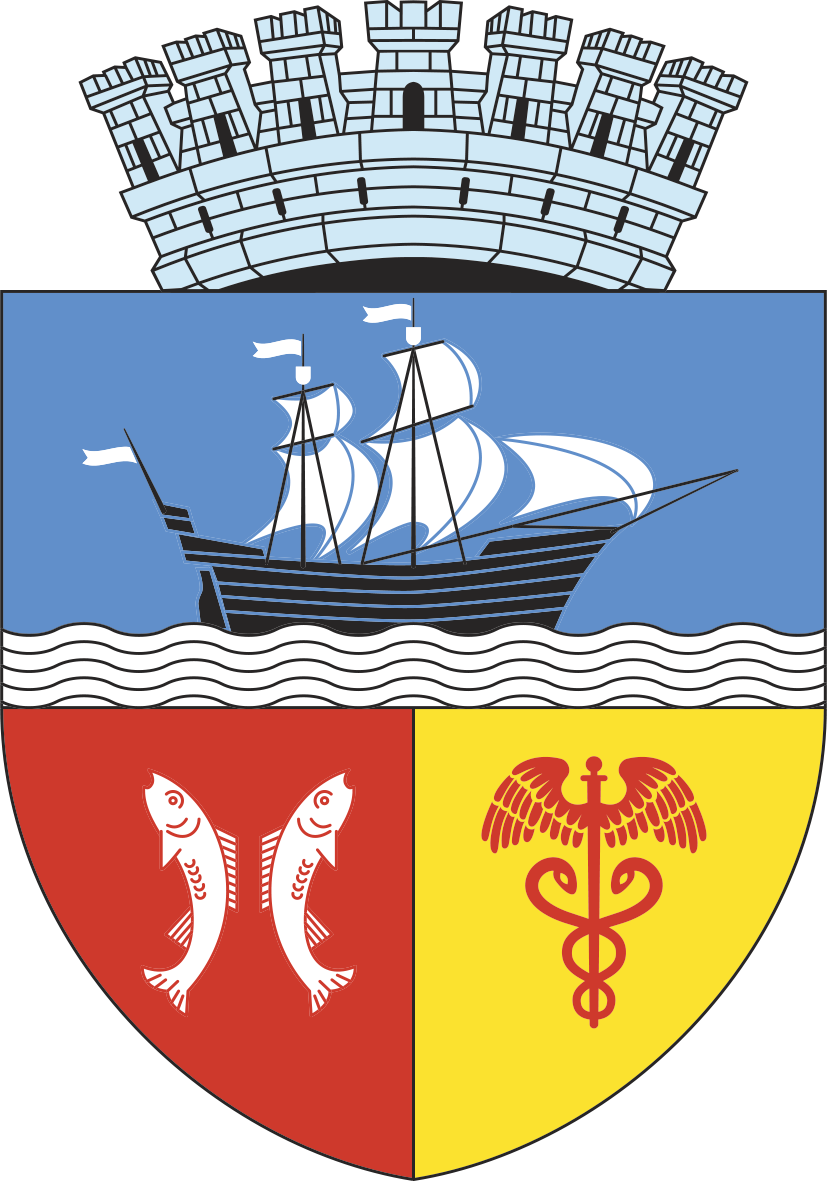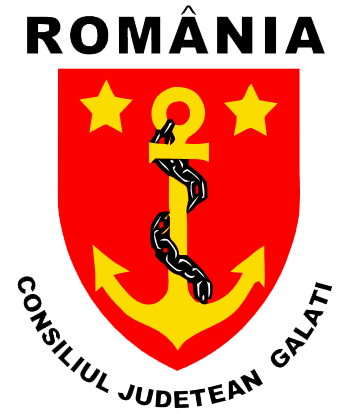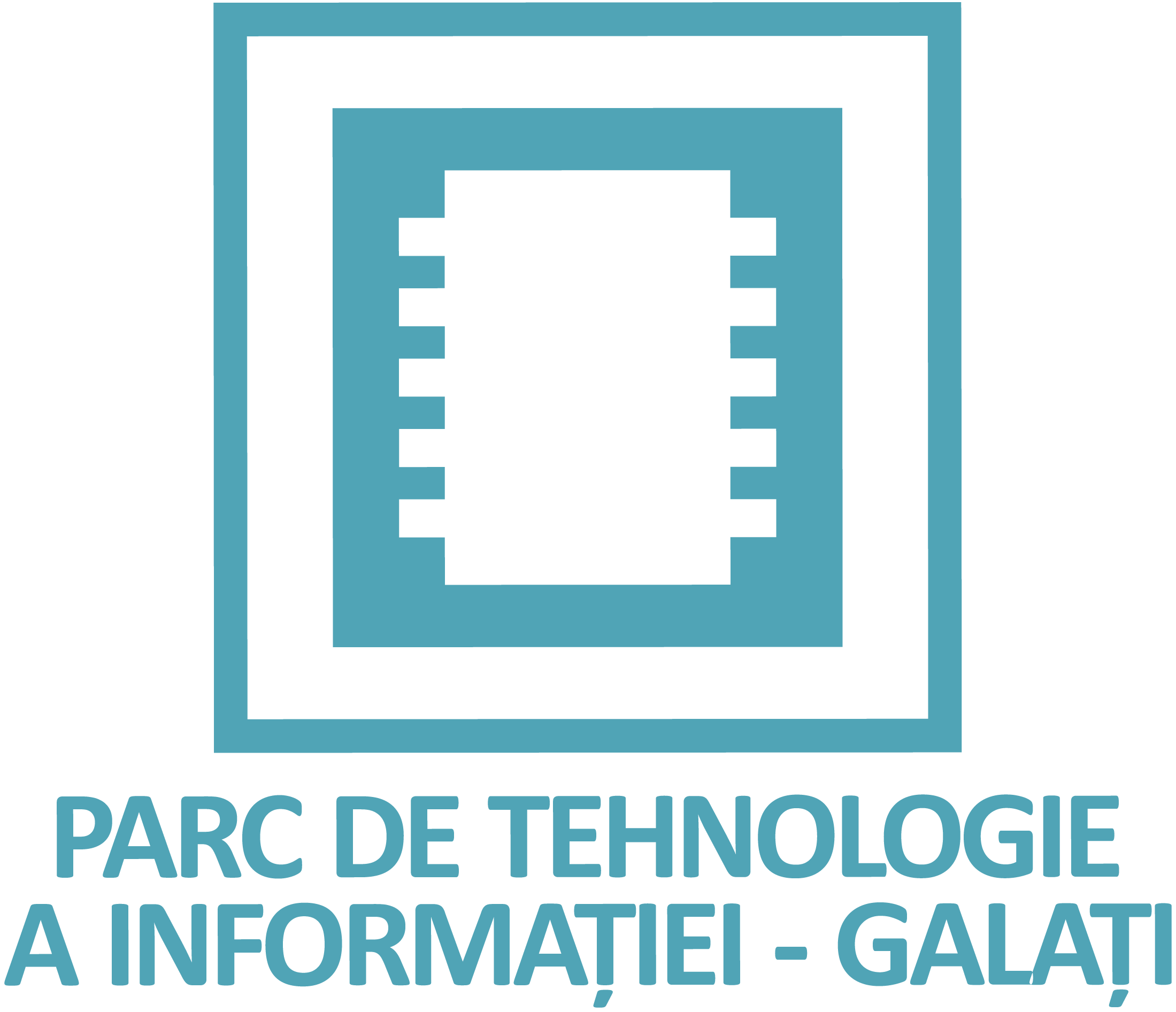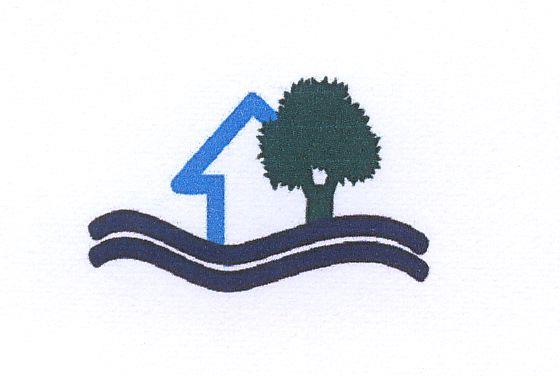Legislation

Private Property
The private property is guaranteed and protected equally by the law, regardless of the owner. Foreign citizens and stateless persons can obtain their private property right of lands only under the conditions resulted from Romania’s accession to the European Union and other international treaties partaken by Romania, on the grounds of reciprocity, under the conditions stipulated by the organic law, as well as by legal inheritance.
No one can be expropriated, except for a reason of public utility, established in compliance with the law, with payment of compensations in advance.
It is strictly forbidden the nationalization or other measures of forced transfer to public ownership of certain goods on the grounds of social, ethnical, religious, political status or of any other discriminatory nature.
Intellectual property
In Romania, the endowment of intellectual property rights is granted mainly by two specialized institutions: the State Office for Inventions and Trademarks (OSIM) and the Romanian Copyright Office (ORDA).
OSIM ensures the protection of intellectual property rights in the field of industrial property in compliance with the national legislation and the national treaties and conventions.
Among its duties we can mention:
- - registering and analyzing the applications in the field of industrial property;
- - issuing protection titles that grant the titular exclusive rights in Romania;
- - attesting and authorizing advisers in the field of industrial property
ORDA ensures protection for intellectual property rights in the field of copywriting and other related rights The following areas of activity are in the scope of the national legislation regarding industrial property:
- - invention patent (valid for 20 years);
- - trademarks and geographic indicators;
- - drawings and patterns;
- - topographies of semi-conductor products;
- - Supplementary Protection Certificate (for drugs and plant protection products);
- - utility patterns;
- - new species of plants.
Commercial societies
General regulations regarding commercial societies are stipulated in Law no. 31/1990 and for a series of specific domains such as banks or insurances, there are special regulations.
Commercial societies have a profit making activity; therefore they are object to the provisions included in tax laws.
The Tax Code and the Tax Procedure Code are subsidiary regulations in the field of commercial societies. The same is the case with the provisions included in the Labour Code, because in what regards the employees of commercial societies, the dispositions included in the labour legislation are incidental.
Employment is commercial societies is done based on the individual labour agreement and in compliance with the labour and social security legislations.
Juridical persons can carry out their activity in various forms, according to Law no. 31/1990, Each of those must be established in compliance with the law and it is important for one to know and recognize legal demands for each society category in part.
Competition
Ever since Romania accessed the European Union, the competition area was governed both by national legislation and community legislation.
Relevant national legislation in regards to market concentration, anti-competitive agreements, concerted practices and abuse of dominant position includes Law of Competition no. 21/1996, with the subsequent amendments and additions (“Law of Competition”), but also secondary legislation adopted by the Competition Authority.
Also, relevant provisions of the Treaty on the Functioning of the European Union have directly applicability in Romania, as any anti-competitive agreement, concerted practice or abuse of dominant position investigated by the Competition Authority affects the trade with the Member States.
The main normative act setting up the procedures for national state aid is Emergency Ordinance no. 117/2006 with the subsequent amendments and additions.
Law of Competition is applicable, under certain conditions, to all societies (regardless of their nationality) for activities carried out in Romania or outside of Romania if these activities have effect on the competition in Romania, but also to all central or local public authorities involved in economic operations and which influence, directly or indirectly, the competition on a relevant market.
Environmental protection
Starting and carrying out an activity in Romania involves certain authorization steps in what regards environmental protection, depending on the phase of the investment project. Investors must obtain an environmental license for their projects, either an environmental approval to implement their projects or environmental authorization in order to operate those particular projects.
Environmental License
It is mandatory for potential investors to request and obtain the environmental license in order to adopt the plans and programs that could significantly affect the environment (for example, regional waste management plans, tourism infrastructure development strategies, the national program regarding ecological agriculture).
The environmental license confirms that the investors have integrated the aspects regarding environmental protection in the plan or program subject to enactment. The environmental license is issued at the end of the environment evaluation which aims to integrate environmental protection objectives and requests in the preparation and enactment of the plans and programs
Environmental approval
It is mandatory for potential investors to request and obtain the environmental approval for private or public projects or changes/extensions of the existing activities which could have a significant impact on the environment. The environmental approval establishes the environmental protection conditions and measures, where applicable, which have to be complied with in developing a project.
The legislation establishes the activities for whom impact evaluation is mandatory, as well as those for whom the necessity of the assessment is determined from case to case.
Subject to environmental impact assessment are projects such as: building highways, crude oil refining processes, production of basic chemical substances, gas pipelines, oil pipelines or chemical substances pipelines etc.
The necessity of the environmental impact assessment is established from case to case in areas such as:
agriculture, forestry and aquaculture, energy industry, metal processing and manufacturing, mineral industry, chemical industry, infrastructure projects, etc.
The project’s owner has the obligation of sending a written notification to the competent authority announcing any change or extension of the project that took place after the license/approval issuance.
The environmental license and the environmental approval are valid throughout the entire period of the project, plan or program’s implementation.
Authorization/ Integrated environmental authorization
Carrying out the existent activities as well as starting new activities with possible impact on the environment is to be done only based on the authorization/integrated environmental authorization. The Environmental authorization establishes the conditions and/or the working parameters of an existent activity or a new activity with possible impact on the environment and is mandatory for the start-up of the activity.
The environmental authorization and the integrated environmental authorization are valid for a period of 10 years.
Operating without the environmental authorization is strictly prohibited for all activities that are subject to the environmental authorization procedure.
Among activities that are, according to the law, obliged to go through the integrated environmental authorization procedure or whose authorization requires an environmental audit we mention:
extractive activities, fabric finishing, manufacturing stationery items, manufacturing preparations for basic pharmaceutical products, etc.
Also, Romanian legislation contains special provisions in what regards the regime of dangerous substances and preparations, the regime of chemical fertilizers and plant protection products, and of nuclear activities, and so on.






